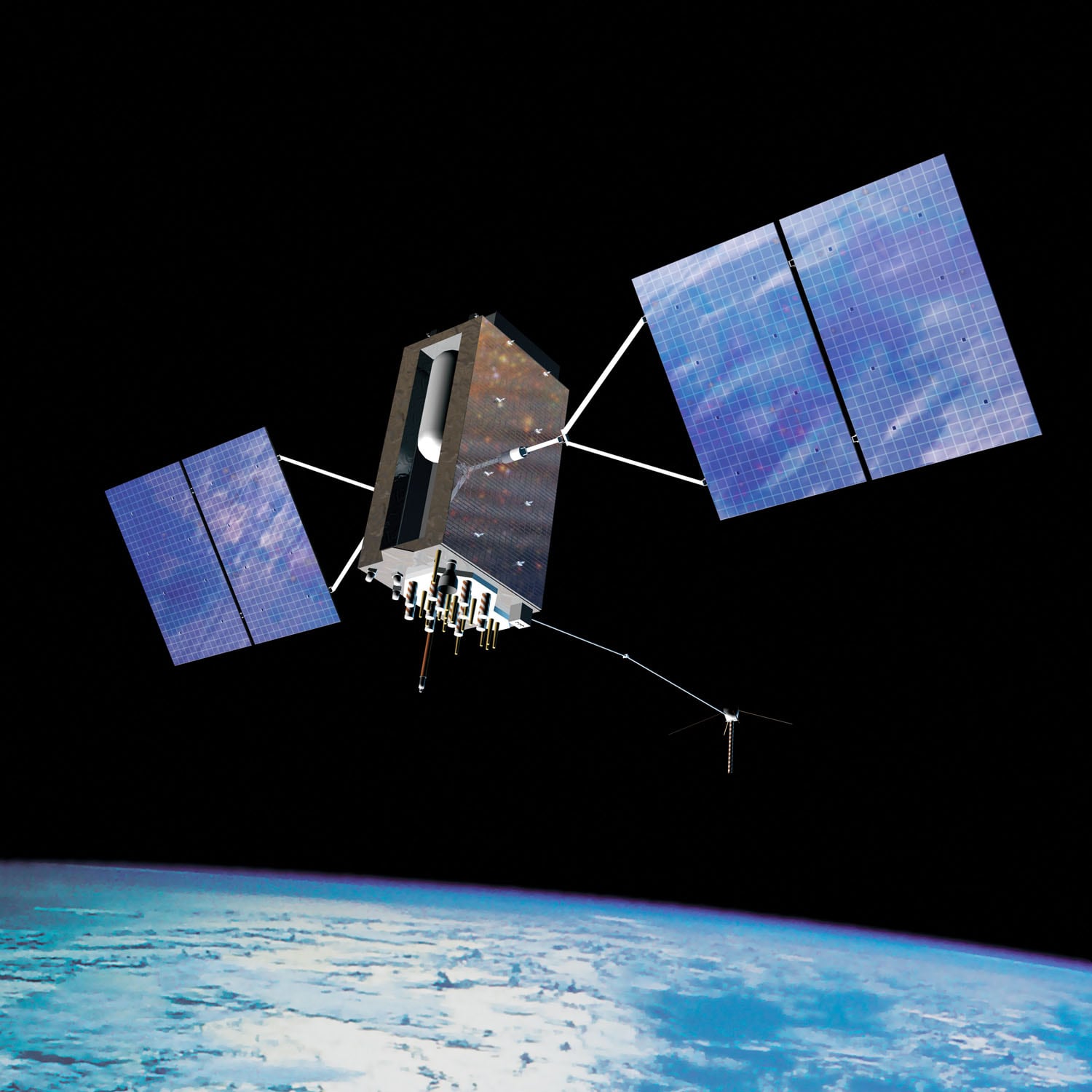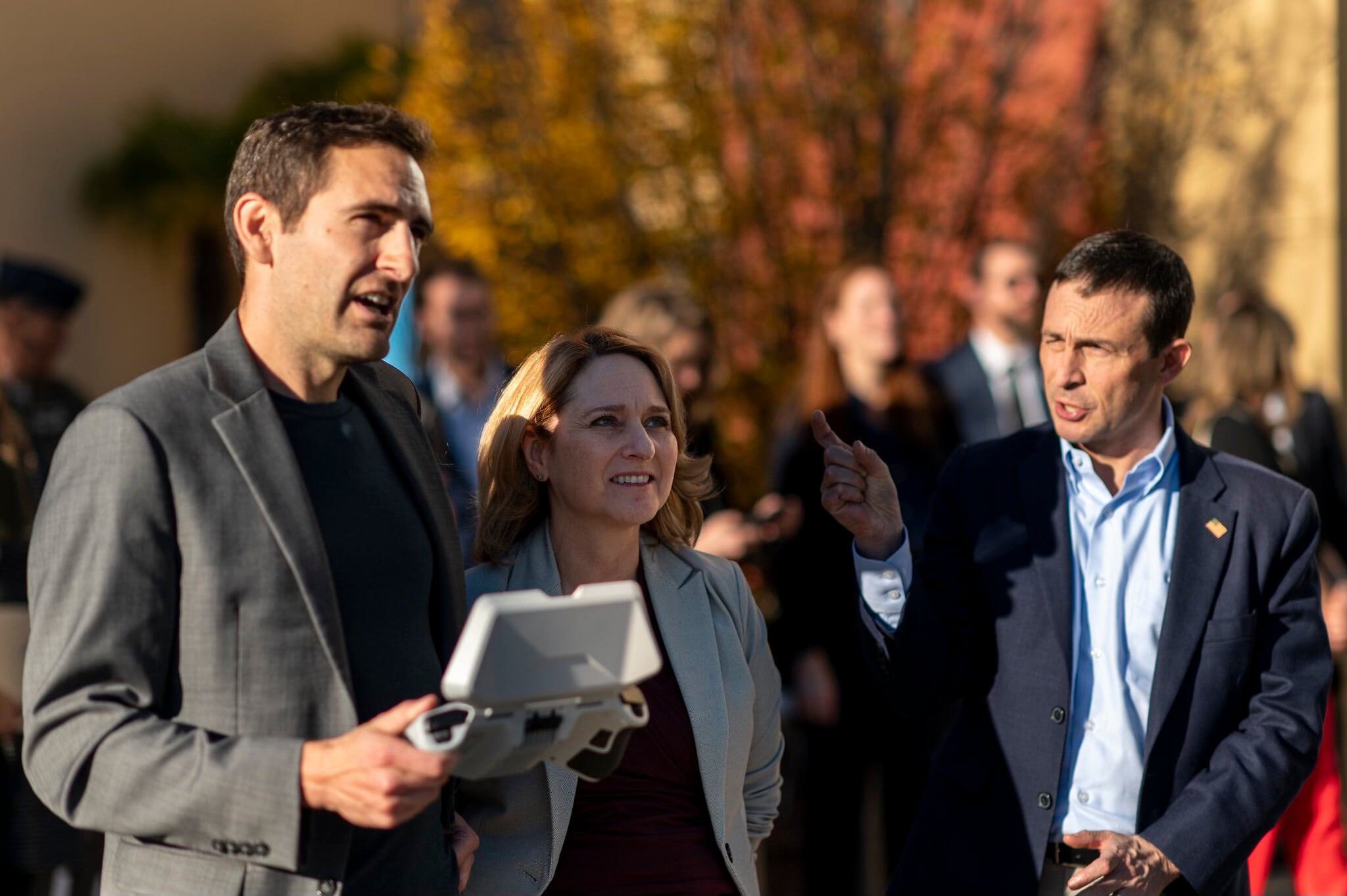WASHINGTON — The Pentagon’s innovation hub is working with industry to identify satellite spoofing operations using commercially available data.
Through a new program called Harmonious Rook, the Defense Innovation Unit has partnered with geospatial intelligence company Orbital Insight to develop a platform that can detect Global Navigation Satellite System spoofing. The company announced the contract in a Feb. 10 news release.
“Orbital Insight’s platform will leverage its multisensory data stack, artificial intelligence and machine learning capabilities to alert analysts and operators to potential jamming and spoofing events, techniques commonly used by adversarial actors to cover up activities or sabotage operations,” the company said.
The Defense Department is not alone in its concerns about location data manipulation, as users around the globe are dependent on GNSS-based systems. However, spoofing can have significant national security implications and could impact missions highly reliant on positioning, navigation and timing capabilities.
The Pentagon has worked to make its GPS enterprise more resilient against spoofing, upgrading its satellites to broadcast jam-resistant M-Code signals and fielding modernized user devices and antennas that can receive those signals.
But the technology under development through Harmonious Rook focuses on detection and will combine geolocation data with advanced algorithms that can recognize spoofing-related anomalies.
“GNSS spoofing is essentially a data problem, and Orbital Insight’s AI and deep data stack can help identify spoofing, along with other major humanitarian and environmental challenges,” Orbital Insight CEO Kevin O’Brien said in the release. “This is a perfect example of private and public sectors uniting through technology.”
The company’s contract with DIU follows a recent award from the National Geospatial-Intelligence Agency, through which it will build an artificial intelligence system using synthetic data to help the intel community develop machine-learning algorithms.
Courtney Albon is C4ISRNET’s space and emerging technology reporter. She has covered the U.S. military since 2012, with a focus on the Air Force and Space Force. She has reported on some of the Defense Department’s most significant acquisition, budget and policy challenges.






